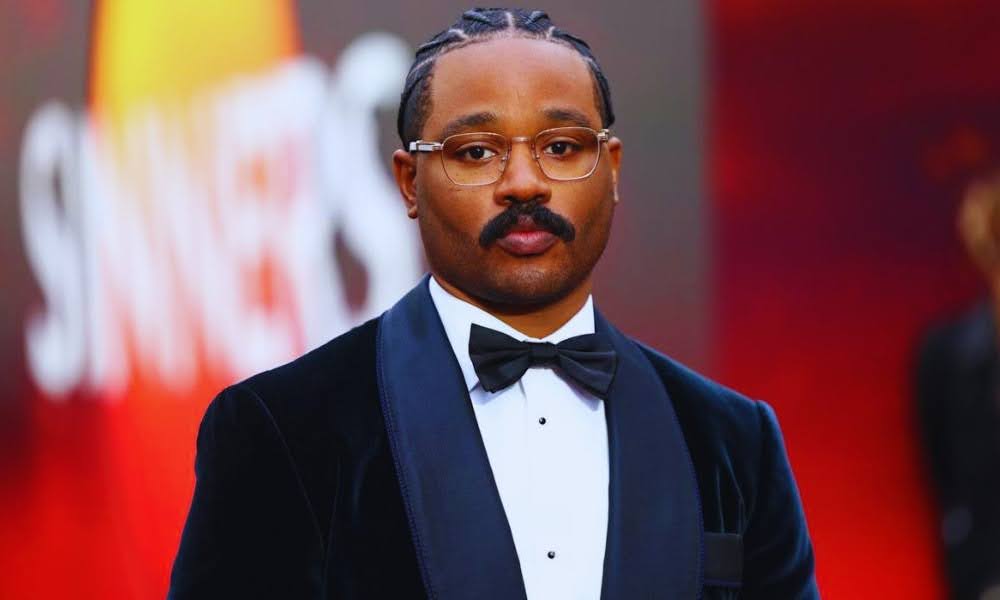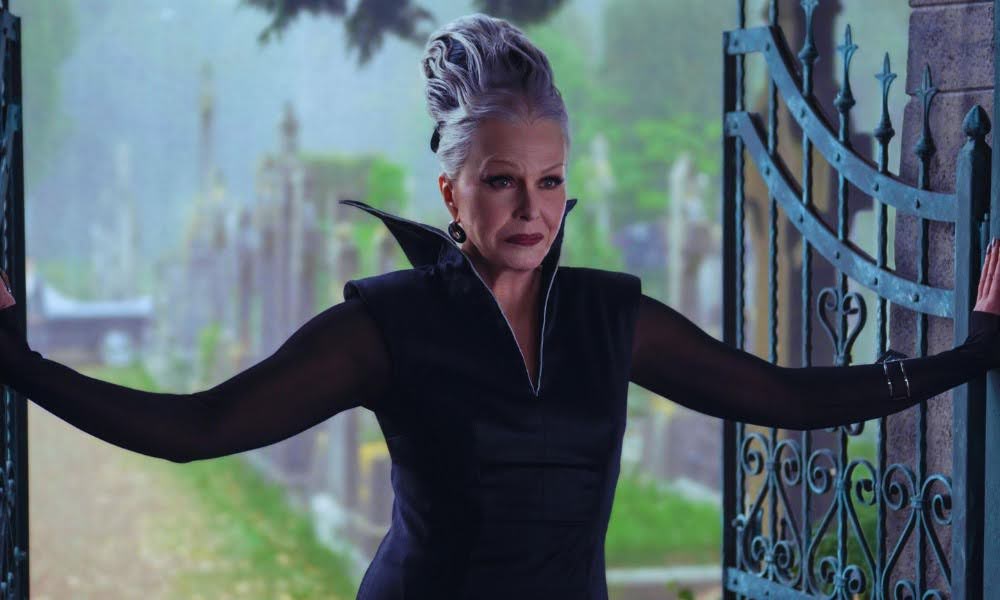Ryan Coogler Thanks Fans and Filmmakers as Sinners Becomes the Talk of the Town

When Edgar Wright stepped away from directing Ant-Man, it was largely seen as a beneficial move. He went on to create the original hit Baby Driver.
Similarly, Ava DuVernay passed on Black Panther, and Ryan Coogler took the reins, creating a cultural milestone.
Coogler’s version not only redefined superhero cinema but also became the first Marvel film to be nominated for Best Picture at the Oscars.
However, Coogler always seemed aware that, unlike his white peers like Steven Spielberg or Christopher Nolan, he would have to continually prove himself to be allowed the same creative freedom.
A Reflection on His Marvel Experience
Coogler’s latest film, Sinners, is his first original project in over a decade. It doubles as a personal statement and an indirect response to his time at Marvel.
Making the first Black Panther may have felt like an essential career step, but returning for Wakanda Forever hinted at an unavoidable obligation.
Despite a $250 million budget — enough to produce several films like RRR — Wakanda Forever still left Coogler feeling as though he was working under a system capitalizing on his culture.
This internal conflict surfaces in Sinners, where Coogler uses the SmokeStack twins, both played by Michael B Jordan, to depict the duality within himself.
One brother resists assimilation into a world run by white vampires — metaphors for cultural exploitation — while the other accuses him of lacking “vision”. Their eventual clash is not just physical but ideological, symbolizing the struggle between integrity and compromise.
A Story Rooted in the Past
Set in 1932 rural Mississippi, the film follows the SmokeStack brothers, reformed gangsters from Chicago, who aim to transform an old barn into a blues club.
They gather their community, prepare for an opening night with music, drink, and food, and prepare to showcase their young cousin, Sammie.
Played by newcomer Miles Caton, Sammie is the son of a preacher with a divine voice and a haunting guitar style.
The film’s narration speaks of his talent as “so pure it can pierce the veil between life and death, past and future.” Sammie stands as another version of Coogler himself, wrestling with whether to share his gift or shield it from a world prone to exploitation.
The Devil in the Details
Sammie’s father warns him of the mystical dangers in blues music, which could unwittingly summon the devil — greed personified. In Sinners, this devil appears as Remmick, an Irish immigrant vampire played by Jack O’Connell.
Remmick tempts characters like Sammie with promises of fame and wealth, leeching off their talent.
It’s a direct metaphor for Hollywood’s role in commodifying Black creativity. Coogler acknowledges having “sold a part of his soul” when he signed with Marvel. The other half, like the more defiant Stack, remained resistant.
Clash of Ideals and Identities
Throughout the film, Stack appears more lenient, forgiving patrons who can’t afford food or drinks, even when Smoke insists, “This ain’t no house party; this ain’t no charity. We takin’ cash.”
When Remmick offers money for entry, Stack considers it, but Smoke stays wary, urging Sammie to retreat to a safe space — a symbolic Wakanda — to escape the world’s exploitation.
The film questions whether Black artists must assimilate to survive or if they should preserve their integrity at the cost of opportunity. “White folks like the blues just fine,” says a weathered character, Delta Slim. “They just don’t like the people who make it.”
Coogler Thanks the Audience
Following the film’s theatrical release on April 18, 2025, Coogler posted a heartfelt letter on social media, thanking audiences for their support.
“Eternal gratitude. My heart is bursting with it. I want to thank each and every one of you who bought a ticket to see Sinners. Who decided to drive to see the film in different formats. Who bought popcorn and a drink, booked a sitter and carpooled, and stood in the lobby afterwards and talked and made a friend…,” he wrote.
He continued, “I had the gift of the opportunity of making a film inspired by my family and my ancestry but it was always a film that we wanted to make for audiences, in theatres.”
A Belief in Cinema
Coogler emphasized his belief in the theatrical experience, stating, “I believe in cinema. I believe in the theatrical experience. I believe it is a necessary pillar of society.”
He thanked audiences for allowing him to pursue filmmaking and promised to continue mining his own life and relationships for stories.
“The only way that I know how to thank you for that, is by continuing to mine my personal human experience and my relationships for more stories to bring to you in cinematic language.”
A Powerful Opening and Strong Cast
Sinners stars Michael B Jordan and Hailee Steinfeld in key roles, with Jordan portraying both Smoke and Stack. The film opened to a global box office of $61 million and has sparked conversations online for its layered storytelling and genre-blending approach.
In the end, Coogler doesn’t shy away from the cost of success. Sinners is his reckoning — an artistic exorcism of sorts — with the industry that both empowered and commodified him. If he’s going down, as the film implies, he’s taking his truth with him.








